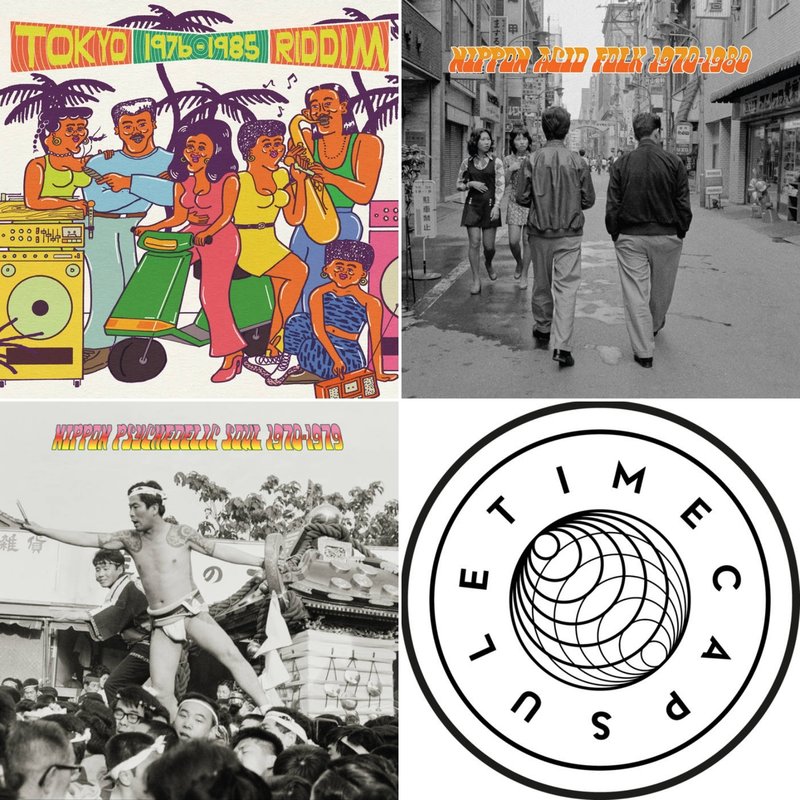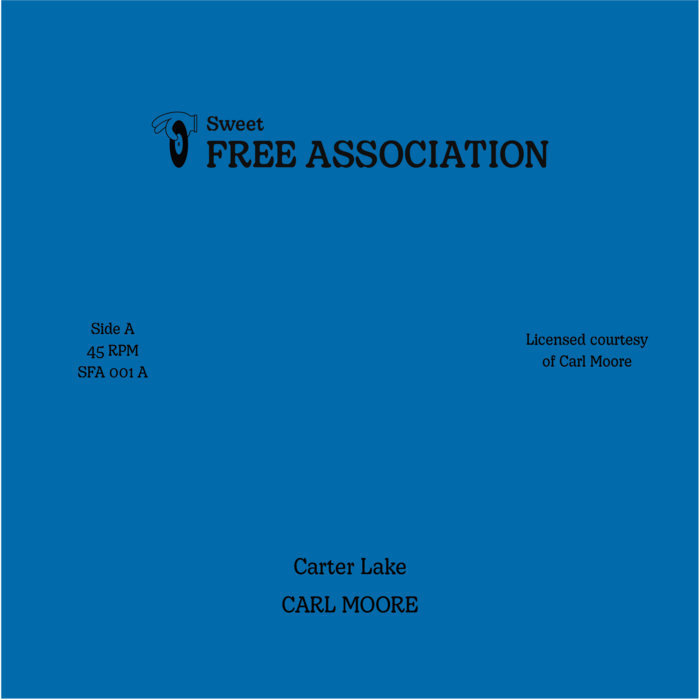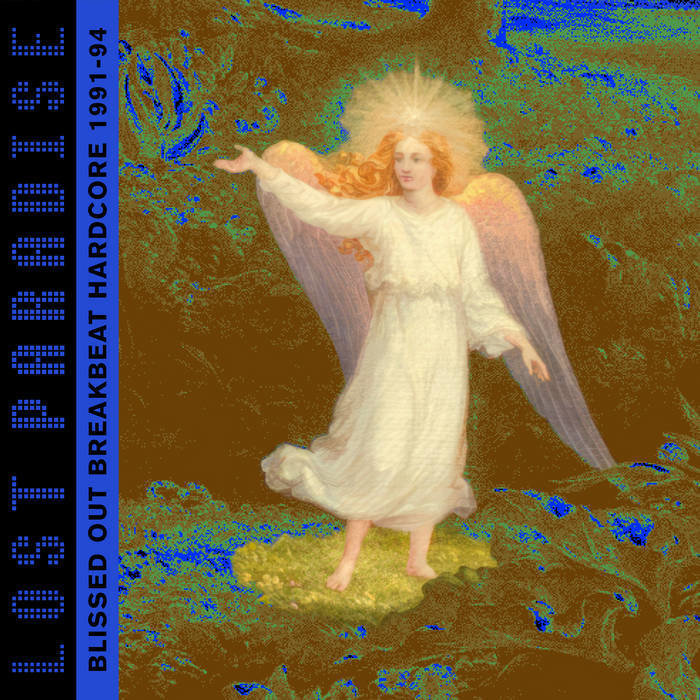
In the six years since he established it in 2018, Kay Suzuki's Time Capsule has developed a rock-solid reputation within the burgeoning world of reissues. Along the way, the London-based Japanese DJ, producer, broadcaster, record label owner, and general Renaissance man has overseen reissues from Italian new-age maestros, deep Japanese and American jazz fusion/boogie artists, a bevy of stunning sounds from the Caribbean and Africa, and some remarkable compilation albums. Release after release, the packaging has been beautiful, the pressings pristine, and the sounds are always revelatory.
In recent years, Suzuki-san and Time Capsule have also worked closely with former The Vinyl Factory editor Anton Spice. Spice has been helping Suzuki-san put together liner notes that expertly tell the stories of the label's releases and the artists who originally created them. This year, they've knocked it out of the ballpark with three remarkable Japan-focused compilation albums, "Tokyo Riddim 1976-1985", "Nippon Acid Folk 1970-1980", and "Nippon Psychedelic Soul 1970-1979". Let's take a listen.
Taking in eight tracks over two sides of an LP, "Tokyo Riddim 1976-1985" is, as the title suggests, a survey of reggae music recorded in Japan between the late seventies and mid-eighties. Interestingly, as the story goes, at the time, the local scene initially took its cues from reggae-influenced UK rock and pop groups like The Police and UB40 before later taking things to the next level after Bob Marley and the Wailers toured the country in 1979.
On 'Denshi Lenzi', idol singer Miki Hirayama borrows the bassline from 'Natural Mystic', infuses it with signature Japanese sensibilities and turns out a lazy-day shuffle for the ages. Later on the compilation, Izumi “Mimi” Kobayashi - who went on to record the remarkable "Coconuts High" and "Nuts" albums in the eighties - rides a dubby riddim into sunset bliss on 'Lazy Love'. Similarly notable is YMO collaborator Miharu Koshi's playful foray into reggaeified city-pop with 'Coffee Break'.
From the opening vocal harmonies of Hiroki Tamaki's 'Kawa (River)', "Nippon Acid Folk 1970-1980" absolutely floored me. Documenting the sounds of 1970s Japan, this compilation is a window into the story of a scene of Dadaists, communists, pharmacists, cult leaders, students, and musicians who came together through university campuses and late-night coffee shops across Tokyo, Kyoto, and Osaka.
The big obvious one here is the inclusion of 'Kaze Wo Atsumete (Gather the Wind)' by Haroumi Hosono's 1970s band Happy End, a group that brought the Japanese language into the local rock paradigm, in the process laying the foundations for the decades of cross-cultural creativity that followed. That said, virtually every track on "Nippon Acid Folk 1970-1980" delivers a unique and enjoyable window into the acid-soaked, psychedelic-folk sound, attitude and counterculture of the era. Listening to Hiroki Tamaki's 'Beautiful Song', for example, feels like drifting away on a bed of pink fluffy clouds amidst deep blue skies on an otherwise sunny day.
Picking up where "Nippon Acid Folk 1970-1980" left off, "Nippon Psychedelic Soul 1970-1979" is an equally compelling window into the more gritty, funky, psychedelic and soulful sides of Japanese music during the seventies. At the time, musicians in Japan were looking outwards to the US soul and funk scenes, as evidenced by the gritty grooves of "Have You Smoked Gauloise?" by Hiroshi Kamayatsu, aptly assisted on record by Tower of Power. Similarly, through Happy End's "Haruyo Koi (Come, spring)", the streets of Tokyo and Philadelphia seem to magically collide in a unique form of Tokyo-Philly-soul style.
In the release notes for "Nippon Psychedelic Soul 1970-1979", Time Capsule have framed the release as less of a compilation of a scene and more of a compilation of a sentiment; before noting that it's a wild ride from start to finish, which shatters the narratives of the Japanese folk and rock tradition into a million tiny pieces. Expect big studio productions, private press releases, orchestral funk, psychedelic organs, gritty grooves and good times.
Tokyo Riddim 1976-1985, Nippon Acid Folk 1970-1980, and Nippon Psychedelic Soul 1970-1979 are available for purchase through Time Capsule in digital and vinyl formats here.


